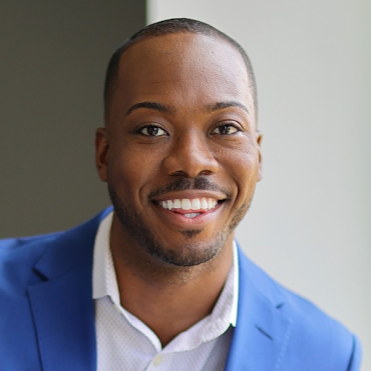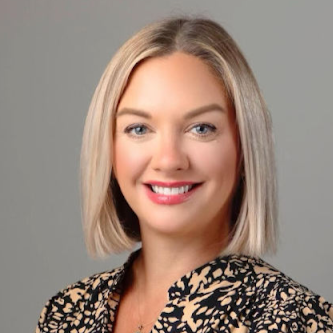Attribution Science: Helping to Understand Weather in a Changing Climate
29 February, 2024 | 2:30-3:30pm ET
People understand that the climate is changing, but they still have questions about how it is influencing weather. Did climate change make this storm stronger? How much warmer was this winter because of climate change? Attribution science is a way to assess and quantify the role of climate change in weather, from extreme events to everyday temperatures. Join Climate Central and the American Meteorological Society for a discussion about the advances in attribution science, including examples of how broadcast meteorologists are incorporating it in their work, and tools that you can use to understand how our changing climate is changing our weather.
Speakers
 Daniel Gilford
Daniel Gilford
Daniel Gilford, Ph.D. (he/they), is a meteorologist and atmospheric scientist with a decade of experience in climate science research. Daniel is scientifically interested in answering the question, “How do climate variability and change affect local coastal communities?” Daniel is an expert in tropical cyclones, sea level rise, climate attribution, and science communication. He is personally interested in doing climate science that works towards an equitable, knowledgeable, and resilient society for his children and future generations.
Daniel is a Floridian who became fascinated with the power and importance of weather in his community during the extremely active 2004 hurricane season. Daniel received a B. S. in Meteorology from The Florida State University and his Ph.D. in Atmospheric Science from the Massachusetts Institute of Technology.
 Tevin Wooten
Tevin Wooten
Meteorologist Tevin Wooten is a weekday afternoon and evening meteorologist with NBC10 Boston. He also helps coordinate and lead climate coverage for the station.He holds the Certified Broadcast Meteorologist seal of approval from the American Meteorological Society, and is an Emmy award winning weather reporter and meteorologist.
Prior to joining NBC10 Boston, Wooten spent four years as an on camera meteorologist with The Weather Channel television network in Atlanta. During his time with the network, Tevin forecasted in studio but also from the frontlines covering major hurricanes and severe weather events. Tevin is an advocate for bringing diversity to the STEM discipline and providing communities of color with access and awareness to broadcast meteorology.
Wooten is a member of the American Meteorological Society and the National Association of Black Journalists. He currently serves as a member of the Culture & Inclusion Cabinet with the AMS, and is the current chair of the Board of Representation, Accessibility, Inclusion and Diversity (BRAID). Tevin has worked as a journalist and weather anchor in Fayetteville, Arkansas, and has spent time as an EV30 design intern with engineers at Marshall Space Flight Center in Huntsville, Alabama.
He holds degrees in broadcast journalism from the University of Arkansas and meteorology from the Florida State University with a mathematics minor. Wooten is a Forbes’ 30 Under 30 listee, and most recently was named as a ‘Grad Made Good’ from Florida State University. The program honors alumni who have made outstanding contributions in their community or chosen field.
Moderator
 Lauren Casey
Lauren Casey
Lauren Casey is a meteorologist for the Climate Matters program at Climate Central. Lauren specializes in communicating the connections between climate change and extreme weather. In her role, she supports Climate Central's extensive network of meteorologists and journalists to provide tools and resources that best enable them to tell the climate stories impacting their audiences.
Prior to joining Climate Central, Lauren worked as a broadcast meteorologist for more than 15 years. She holds a B.S. in Meteorology from Rutgers University and a M.S. in Environmental Science and Policy at Johns Hopkins University. Lauren also carries a Certified Broadcast Meteorologist designation from the American Meteorological Society.
